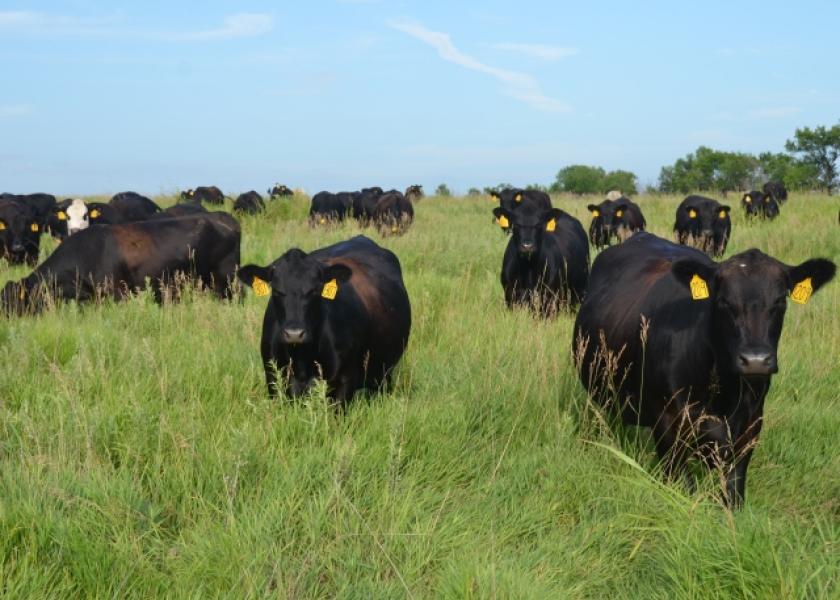Beef Checkoff Focuses on Building Consumer Trust in Beef in Program Updates

The Beef Checkoff has made several key updates to its programs in in the last few months, with a focus on its mission of building consumer trust in beef production, one of the core tenants of the updated 2021-2025 Beef Industry Long Range Plan.
Part of the building consumer trust mission is arming ranchers and those in the beef industry to tell the story of beef. From ranchers to those working the meat counter, the people who are closest to the product are the best ones to advocate for it.
With that in mind, the National Cattlemen’s Beef Association, a contractor to the Beef Checkoff has introduced a revamped version of its “Masters of Beef Advocacy” (MBA) program, called MBA NextGen, which took the existing MBA educational modules, and updated the information and resources to help answer consumer questions, and it’s all available online in a self-guided format.
“The team has worked over the last year to bring new light to the program because advocacy by our cattle farmers and ranchers is vital. Contrary to what the industry regularly thinks, farmers and ranchers are still highly trusted by consumers,” says Paul Dybedahl, manager, Masters of Beef Advocacy programs for the National Cattlemen’s Beef Association. “So we need to ensure that our producers are armed with, and know how to communicate what they do, and the responsibility that our industry takes in doing the right thing.”
The MBA NextGen program brings together all aspects of the beef cycle, from raising cattle in the pasture, to the feedyard and as it goes from cattle to beef.
“It’s all together under one route to arm advocates, and those who may not even consider themselves advocates, with the tools and information they need to communicate about our industry, strongly and in a positive light. And to know how to communicate to a consumer, who may not be aware of into those topics and information,” Dybedahl continues.
A second significant update came to the Beef Quality Assurance (BQA) program, aimed at addressing increasing consumer interest in food safety and quality.
“The Beef Long Range Plan task force really noticed that consumer concerns around animal welfare were surfacing or continue to surface, and have essentially doubled down on BQA, in a good way, recognizing that it answers and can alleviate a lot of these concerns,” says DeCoite and so with that in mind.
One of the biggest updates to the BQA program is the new biosecurity module, which assists ranchers in forming a biosecurity plan for their operation. These plans can be complex, and sometimes the hardest part is knowing how to get started, but the new module can help with that. While the main concern for cattle producers is Food and Mouth Disease (FMD), the coronavirus pandemic has put biosecurity in the spotlight for consumers and they want to know more about the safety and security of the food supply chain.
“Everyone understands what biosecurity means now with the pandemic, and the steps that are necessary for biosecurity, and so we understand that as a part of our everyday lives now and consumers do as well,” DeCoite says. “It's important that we have a solid foundation to answer questions [about biosecurity], because our answers won't just be accepted at face value any longer. Folks really have an interest in in understanding of biosecurity, as do cattle producers as does our industry, but we all need to work together to make sure that we're implementing those strategies on a daily basis so that we can give that confidence to consumers that we're following safe biosecurity practices for our cattle, but also so that we keep a strong beef industry here in the United States.”
DeCoite notes that the BQA program, which is funded by the Beef Checkoff, has been successfully funded for more than 30 years, proving the strength of its impact to consumers and the ranching community.
“It's been invested in for nearly 30 years, and so that's exciting to see that the industry continues to see results from BQA and really are affirming that they still believe in the program, and they want the program to lead us in our messaging to consumers about how we responsibly raise cattle,” DeCoite says.







